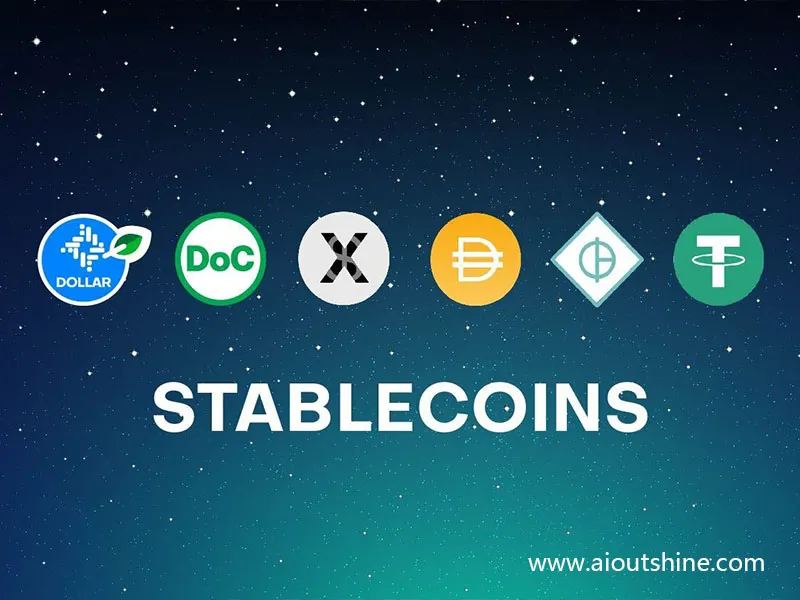Table of Contents
- Introduction
- Leading Players in the Market
- USDC's Remarkable Ascent: A Deeper Analysis
- Market Dynamics and Future Implications
- The Role of AI in Stablecoin Markets
- Integration with Traditional Finance
- Regulatory Landscape and Market Stability
- Technical Infrastructure and AI Integration
- Future Outlook and Market Predictions
Stablecoins Hit $200B: A Watershed Moment in Crypto's Evolution

Introduction
As AI and blockchain technologies continue to reshape the financial landscape, we're witnessing a remarkable milestone in the cryptocurrency ecosystem. The stablecoin market has just crossed the $200 billion threshold, marking a transformative moment that demands our attention.
Leading Players in the Market
In this expanding ecosystem, two major players have emerged as dominant forces:
Tether (USDT)
- Maintains market leadership with $139.4 billion market cap
- Controls 63.84% of the total stablecoin market
- Demonstrates consistent growth despite past controversies
USD Coin (USDC)
- Achieved remarkable growth, doubling from $24.1 billion
- Currently valued at $53.4 billion
- Shows strong institutional adoption patterns
USDC's Remarkable Ascent: A Deeper Analysis
USDC's growth story warrants special attention, particularly since November 2023. Its market share has climbed to an impressive 24.6%, representing a significant shift in the stablecoin landscape.
Market Dynamics and Future Implications
The stablecoin market's growth has significant implications for traditional financial systems.
The Role of AI in Stablecoin Markets
Artificial intelligence plays an increasingly crucial role in stablecoin markets through:
- Risk Management:
- AI algorithms monitor market volatility
- Predictive analytics for market trends
- Real-time threat detection
- Trading Optimization:
- Automated market making
- Liquidity management
- Price stability maintenance
Integration with Traditional Finance
The stablecoin market's growth has significant implications for traditional financial systems.
Regulatory Landscape and Market Stability
The regulatory environment continues to evolve, with different jurisdictions taking varied approaches:
Global Regulatory Framework
The European Union has implemented MiCA regulations, while the United States is developing a comprehensive regulatory framework.
Impact on Market Stability
The regulatory landscape significantly influences market stability through:
- Reserve Requirements:
- Mandatory reserve ratios
- Asset quality standards
- Regular auditing requirements
- Operational Standards:
- Risk management protocols
- Security requirements
- Compliance procedures
Technical Infrastructure and AI Integration
The technical foundation of stablecoins continues to evolve with:
- Scalability Solutions:
- Layer 2 implementations
- Improved transaction processing
- Enhanced network efficiency
- Security Measures:
- Advanced cryptographic protocols
- AI-powered security systems
- Real-time monitoring tools
Future Outlook and Market Predictions
Growth Projections:
- Continued institutional adoption
- Increased retail participation
- New use case development









